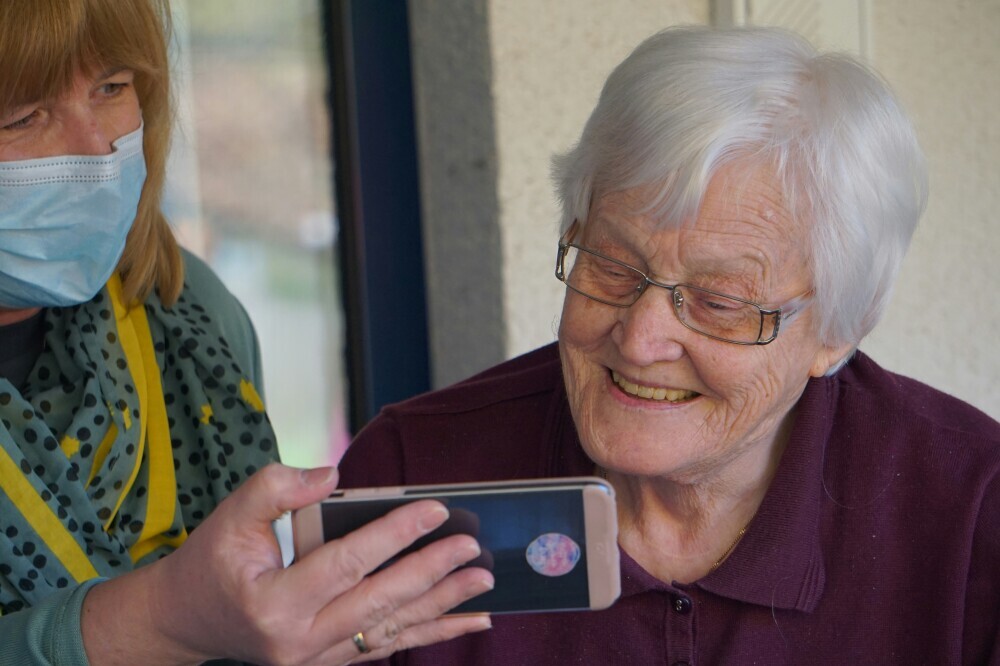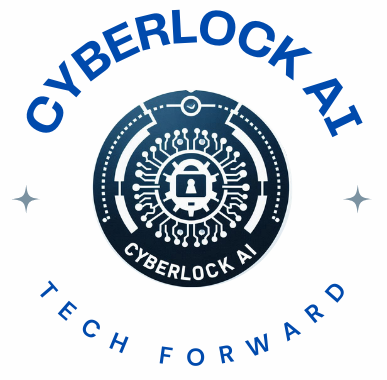 The world is seeing a remarkable rise in elder care needs, and AI technology is stepping up to the plate. With an ever-growing older population, the demand for reliable and efficient care solutions is on the rise. This is where personal AI assistants come in, offering innovative ways to support seniors in their daily lives.
The world is seeing a remarkable rise in elder care needs, and AI technology is stepping up to the plate. With an ever-growing older population, the demand for reliable and efficient care solutions is on the rise. This is where personal AI assistants come in, offering innovative ways to support seniors in their daily lives.
Elder care and AI may sound like an unusual pair, but they actually go hand in hand. These digital helpers can significantly improve the lives of seniors by providing assistance that’s tailored to their unique needs and preferences. From reminding them to take their medications to facilitating social interactions, AI assistants are making everyday tasks easier and more manageable.
Statistics show a booming trend in both aging populations and AI adoption within senior care. Nearly every industry dealing with elder care is exploring how AI technology can play an impactful role. And it’s not just about keeping up with trends—AI’s potential to transform care is a big win for everyone involved.
Personalization takes the spotlight when it comes to AI in elder care. Unlike generic solutions, AI assistants offer a level of customization that truly caters to the individual. By learning from daily interactions, these smart tools can adapt to fit the varying needs of each user, helping them maintain independence while also offering peace of mind to their loved ones.
Enhancing Quality of Life: The Impact of AI on Daily Living
AI assistants are redefining how seniors manage their daily lives. From morning routines to bedtime, these digital buddies handle tasks with ease, ensuring nothing slips through the cracks. Need a reminder for a doctor’s appointment? Done. Got to keep track of your medication schedule? No problem at all.
What’s really cool here is how AI promotes a sense of independence. Instead of relying solely on family or caregivers, seniors equipped with AI can make autonomous decisions, feeling more in control of their lives. Plus, there’s an added bonus of reducing caregiver stress, freeing up time to focus on more personal care elements.
AI isn’t just a management tool—it’s a bridge for social connections. With the rise of loneliness in senior communities, AI assists by facilitating virtual meetups or reminding users to connect with friends and family. This social engagement can mean the world to someone living alone, bringing a smile and a sense of belonging.
As part of the health and wellness package, AI equips seniors with insights into their daily habits. Wearable technology, for example, tracks activity levels, helping users stay active. These insights empower seniors to take charge of their health, actively participating in wellness decisions and maintaining a healthier lifestyle all around.
AI-Driven Safety and Security Innovations for Seniors
Staying safe at home is a top concern for many seniors and their families. AI technology takes this worry and dials it down with a suite of cutting-edge safety and security measures. Imagine having an AI system that detects falls and automatically alerts emergency services. That’s some peace of mind right there!
Incorporating machine learning, AI can even forecast potential health issues before they become serious problems. By analyzing patterns and anomalies in daily activities, these systems enable timely interventions and prevent bigger health concerns down the line.
Privacy concerns and ethical considerations are a big deal in AI-assisted care. It’s crucial to handle personal data with care, ensuring that AI systems respect the privacy and dignity of seniors. Implementing strong ethical guidelines is key to building trust in these technologies.
New AI advancements are constantly emerging in the realm of home safety. Smoke alarms that communicate with security systems or AI-enabled doorbells that screen visitors are just a glimpse of what’s possible. These innovations offer an added layer of security, allowing seniors to enjoy their independence while staying safe at home.
Challenges and Future of AI-Powered Elder Care
While the perks of AI in elder care are impressive, there are hurdles to overcome. One major issue is the digital divide. Some seniors may not be tech-savvy or have adequate access to technology. Bridging this gap is essential, ensuring that all seniors can benefit from AI’s capabilities without feeling left behind.
Ethical issues in AI decision-making are another concern. AI systems make many decisions that affect elders’ lives, which raises questions about autonomy and consent. Developing clear ethical frameworks is necessary to ensure these decisions respect the autonomy and dignity of seniors.
The adoption of AI by traditional elder care providers can also present challenges. Resistance to change, costs, and training staff on new technologies are common hurdles. Encouraging open-mindedness and providing clear benefits to caregivers and families can help ease this transition.
Looking ahead, AI services in elder care hold exciting possibilities. Innovators are continuously seeking new applications to enhance elder care. Future growth could include smarter healthcare management systems, more intuitive interfaces, and even better personalization. As technology evolves, AI promises to keep paving the way for improved elder care solutions that cater to society’s growing needs.
